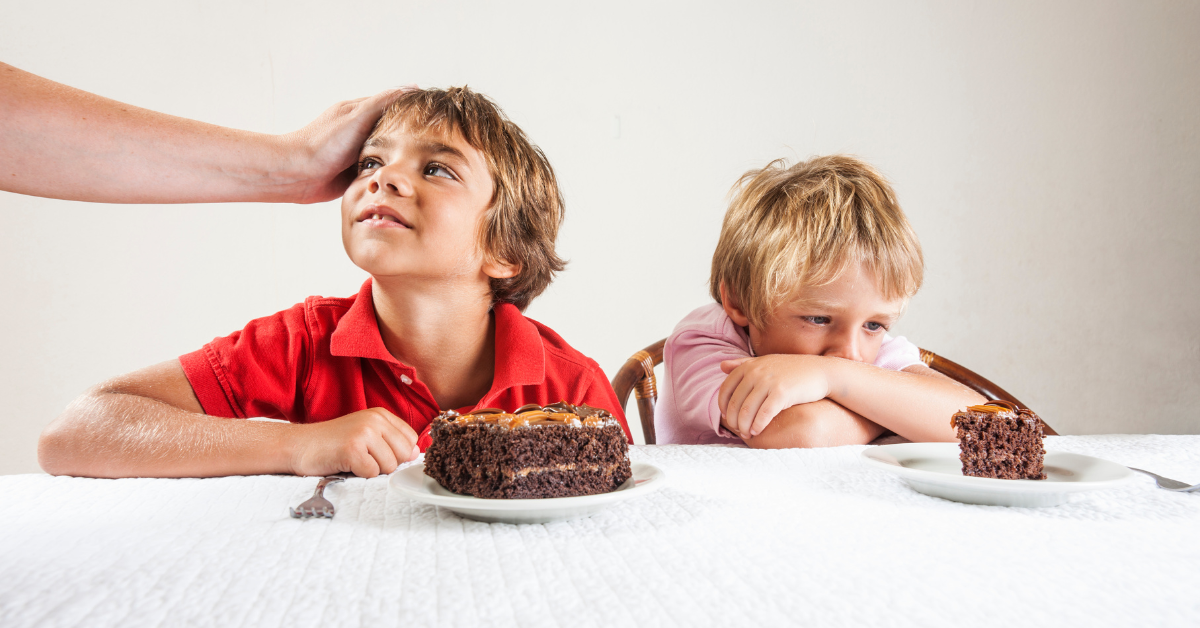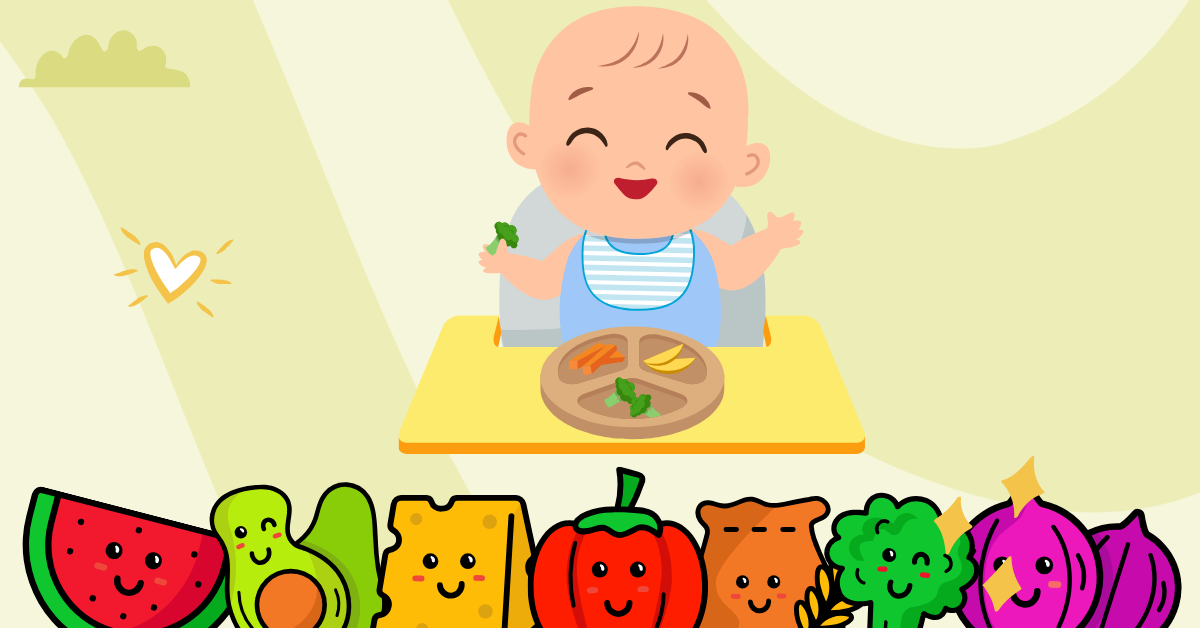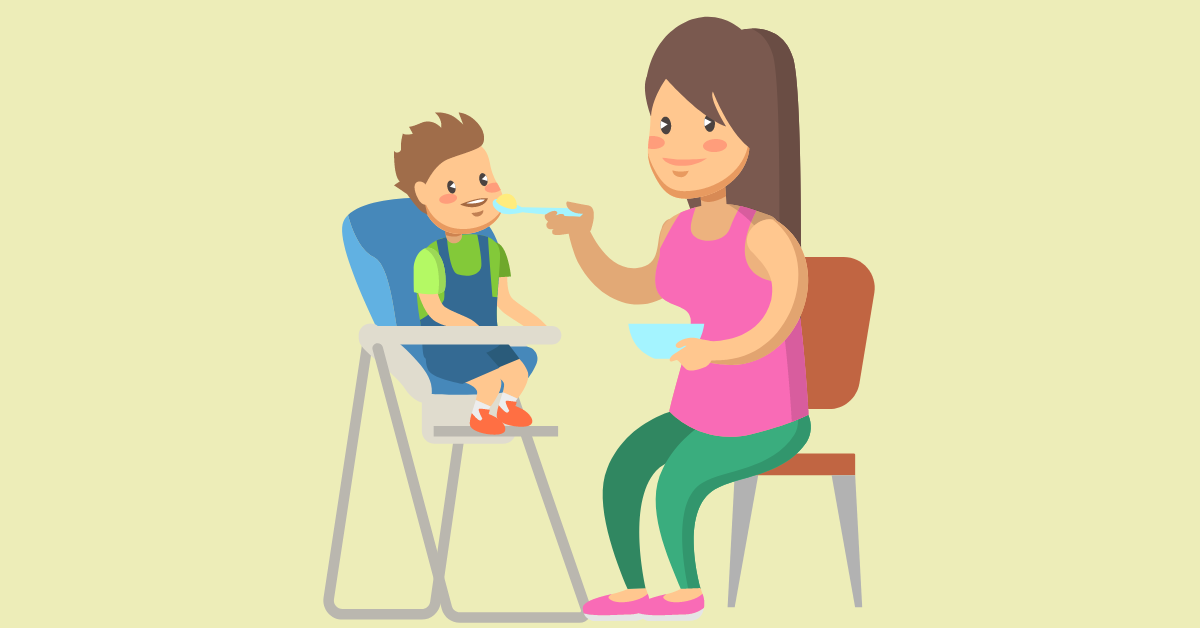Becoming a parent is one of life’s toughest and happiest phases. There are many issues that a parent and child face during their parenthood and childhood journey.
Differential treatment and favouritism are problems seen so many times during parenthood and childhood. Though no parents intentionally do this treatment or favouritism with their kids, sometimes parents unconsciously show some extra affection towards one child. Parents usually do not realize this, but the child feels it constantly, impacting their mental health and psychology.
Favouritism and differential treatment occur in different situations in different families due to different reasons.
Why does favouritism occur?
Usually, parents love all their children equally and make no difference with any of them. Usually, this favouritism and differential treatment happened based on the child’s age, gender of the child, the personality of the child, and birth order of the children. Parents love their one child more because of their age, or sometimes some of the features of their child attract them more.
Effects of Favouritism and differential treatment
Kids have a major impact on their psychology if their parents do favouritism or differential treatment, the children do not understand the reasons behind their excess love towards one child, or kids do not understand that the other kid needs extra love and affection due to different reasons like age, health condition, gender, and other things. But this treatment of continuous favouritism and differential treatment has different impacts on the kids-
- Psychological issues
- Mental health problems
- Physical health problems
- Changes in behaviours
- Emotional imbalance
- Less affection and love toward family
- Detachment from the loved ones
- Damage to their morale and confidence
- Negative impact on their routine life
- Development of anger and irritation
- Sense of negativity and anger towards the sibling
- Frustration and low self-esteem
- Sense of rivalry towards other siblings
- Destabilization in the relationship of family
These are some general and common consequences or impacts of favouritism and differential treatment of parents with their children. These impacts go major if parents continuously pursue this behaviour; these outcomes may differ with every child. The parents need to identify this problem if they are consciously or subconsciously doing favouritism and differential treatment and try to implement instant solutions to ensure their child’s well-being.
What are the possible solutions to this problem?
First, it is important to identify the stage of this problem in the child’s mind and why the child has felt this problem when the child has felt it. Understanding all these things helps to provide a proper solution to the kid and make him feel comfortable and better.
- Communicating and discussing your intentions of giving more affection to another child.
- Expressing more love, affection, and care towards the child.
- Continuously helping the child to come out of this thought.
- Spending more time with your child.
- Helping the siblings spend more time together and understand each other’s needs and behaviour.
- In case required, you can take professional help as well.
Also, remember that you must check on specific causes of these problems and implement solutions accordingly.








